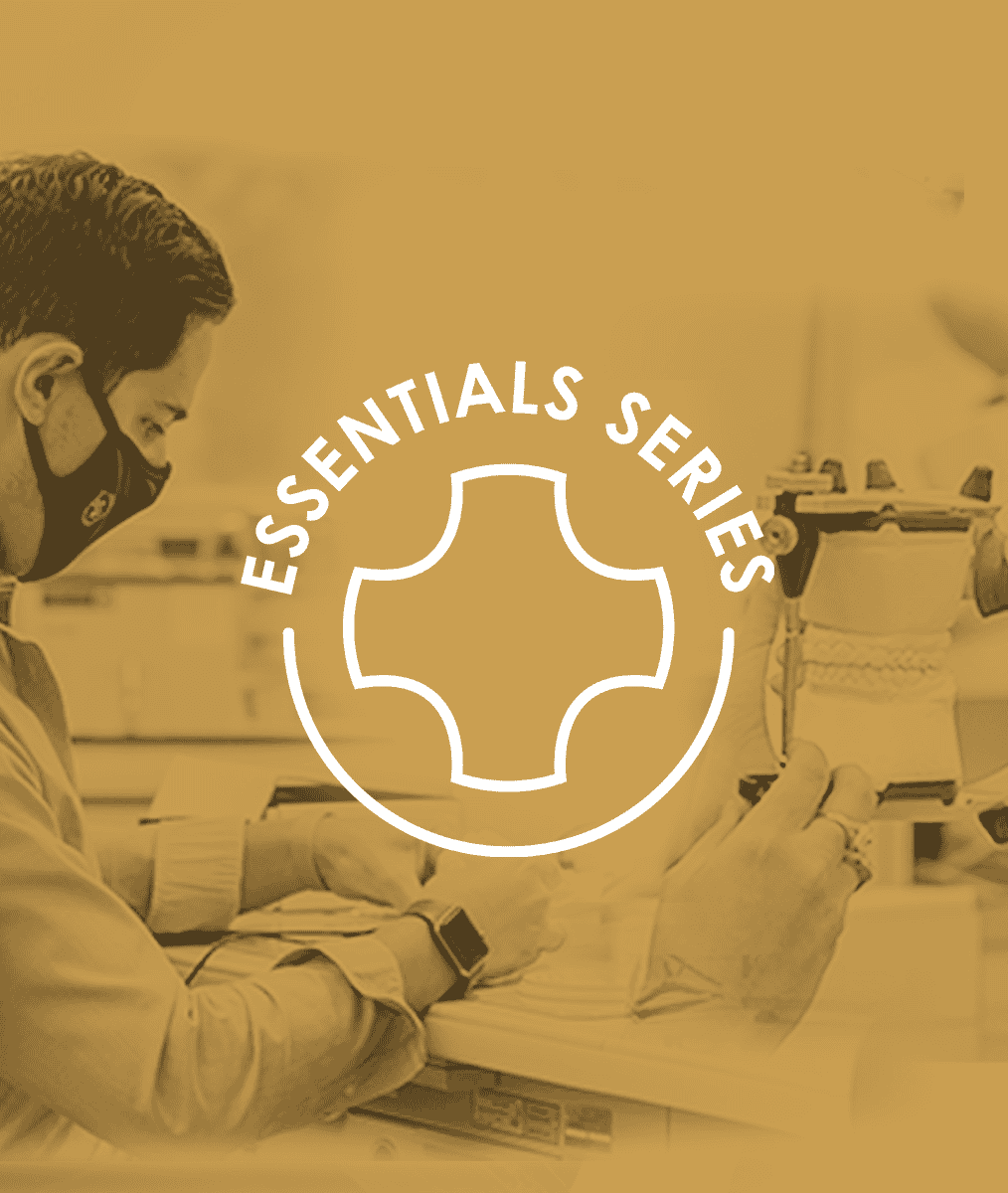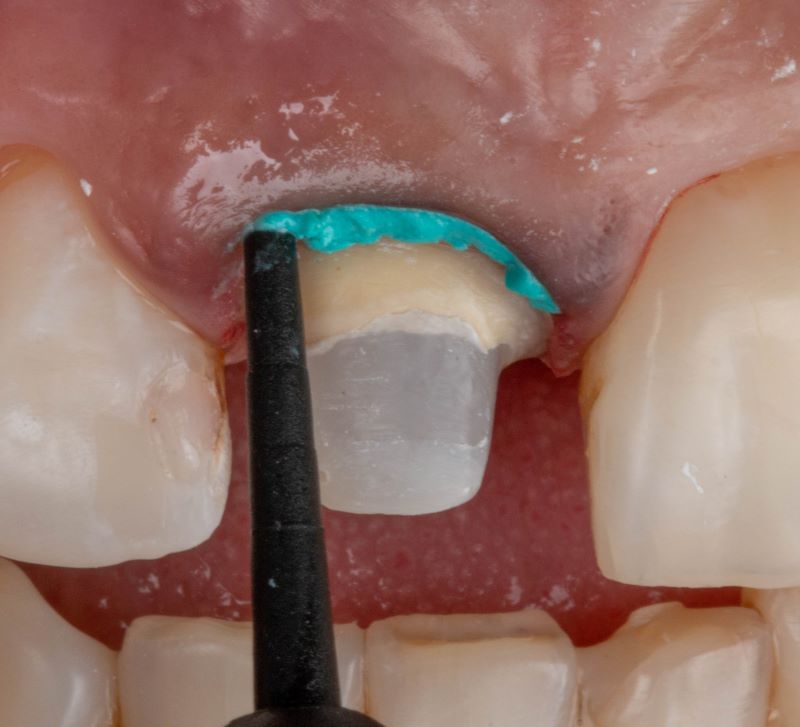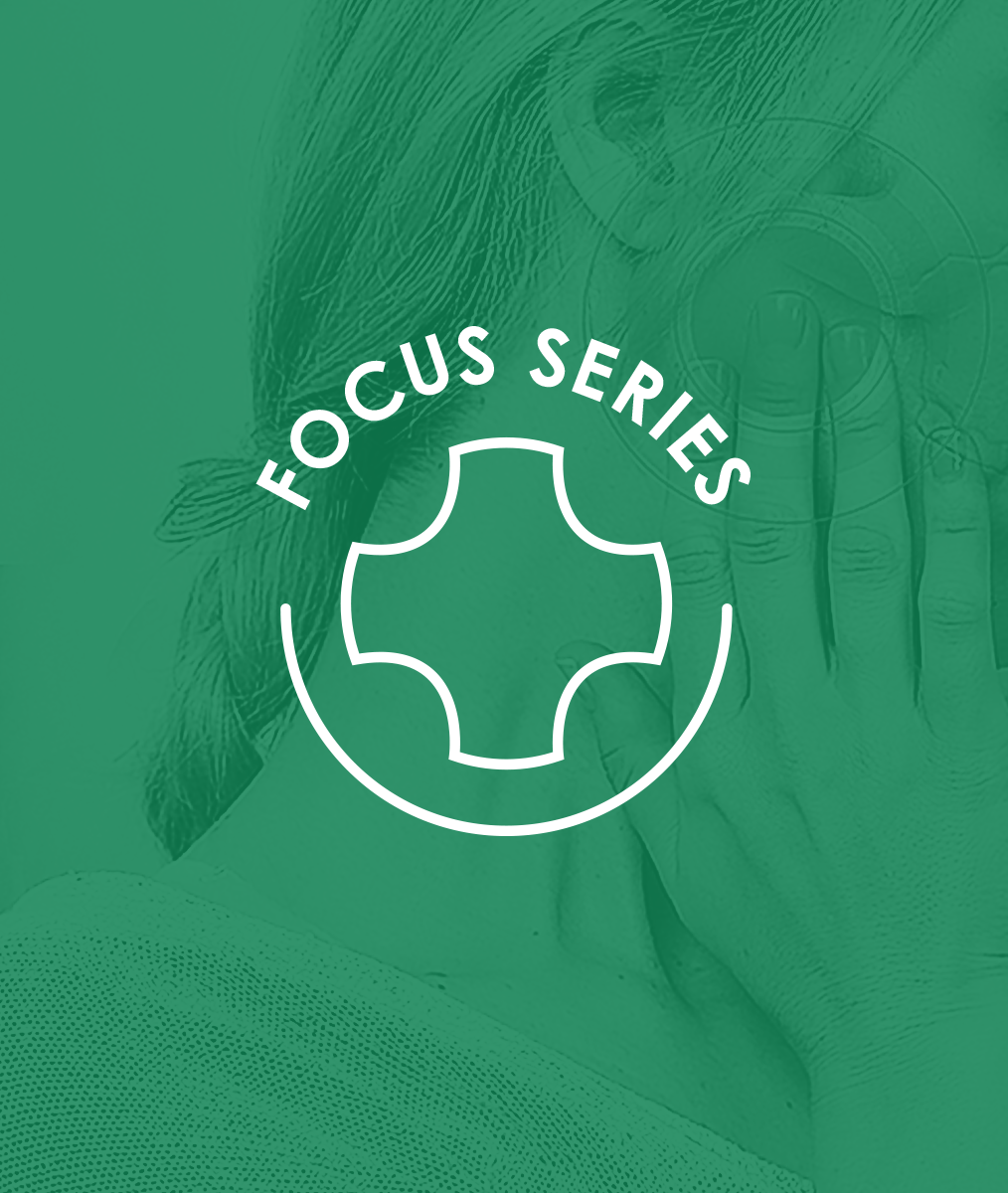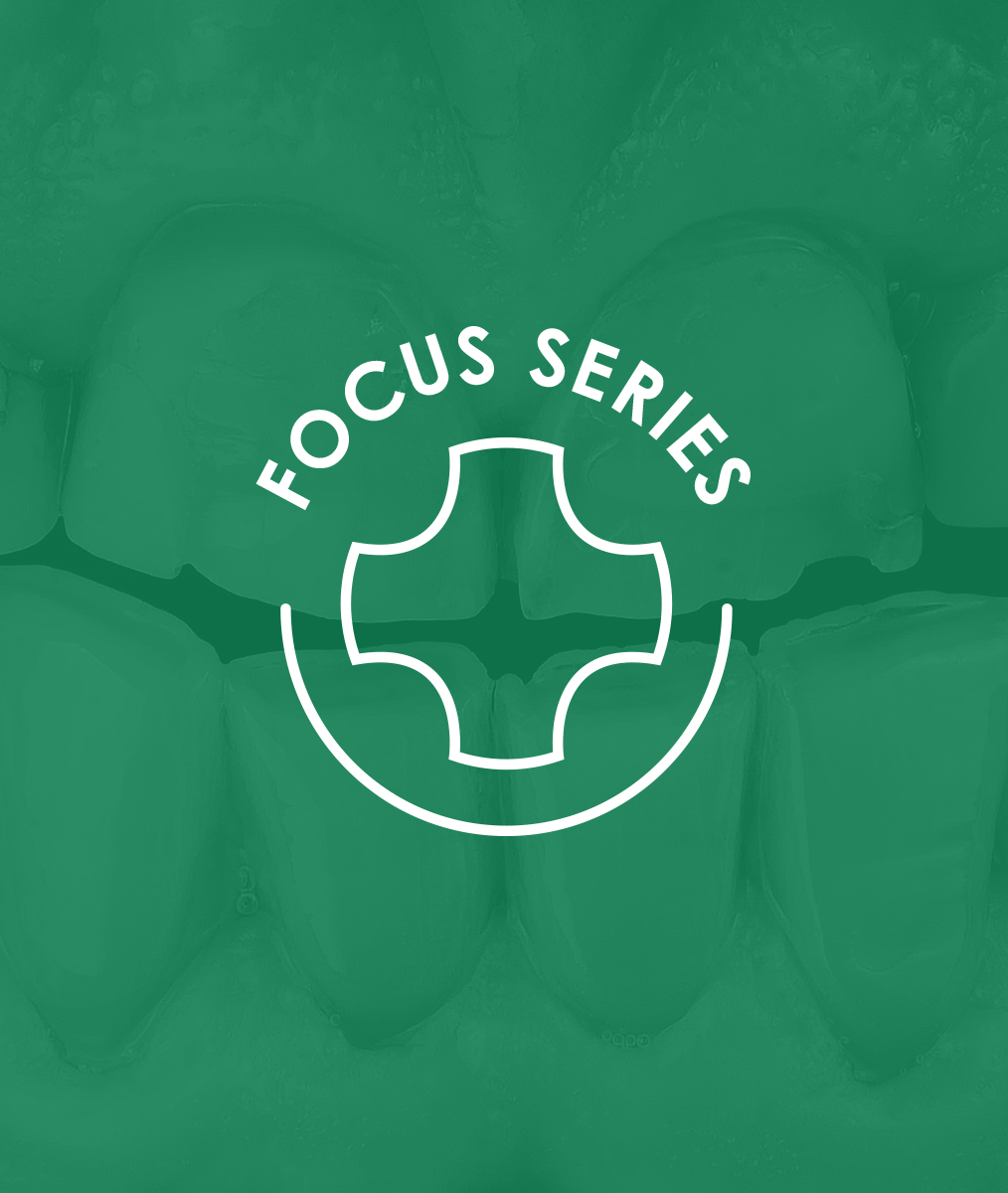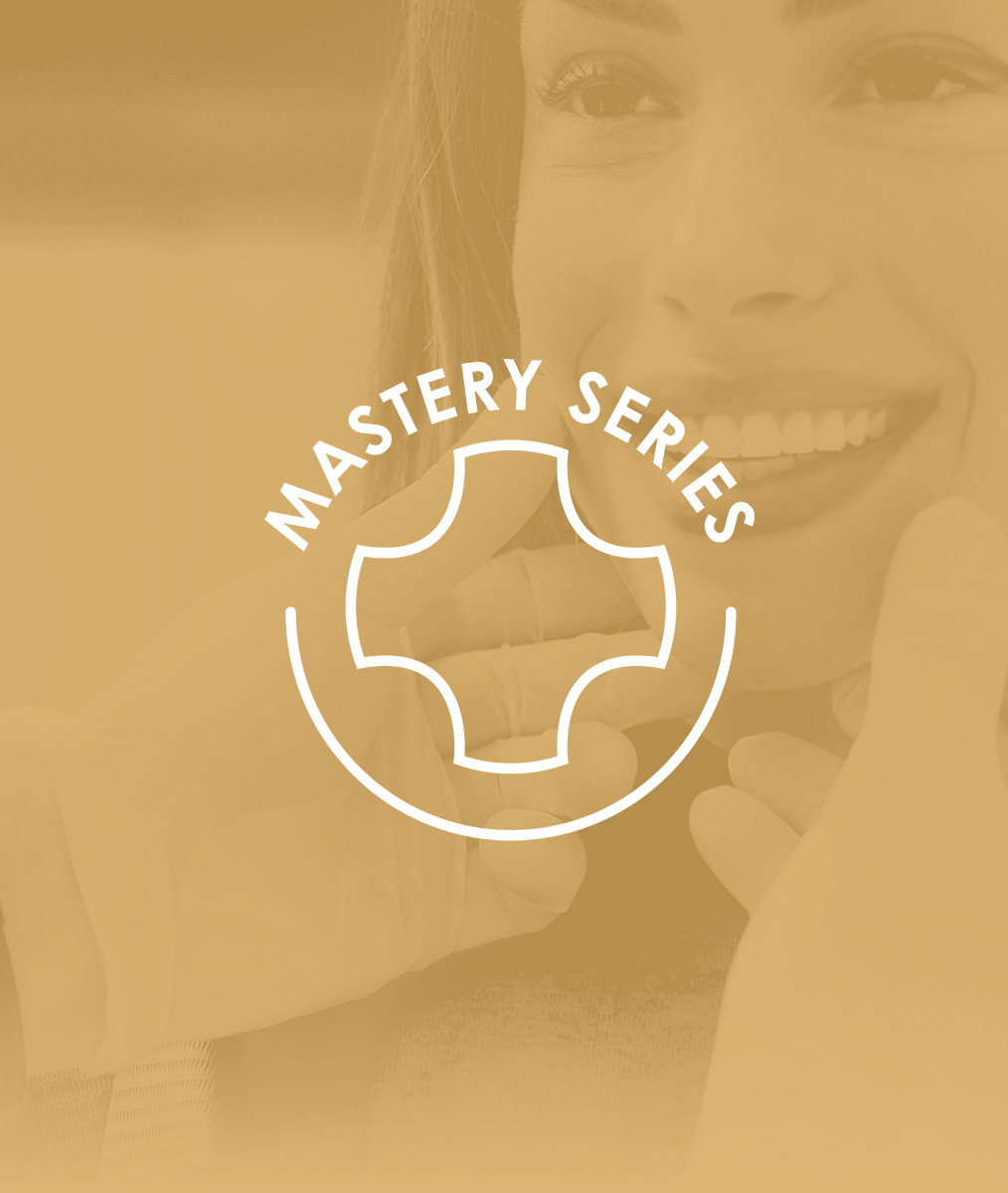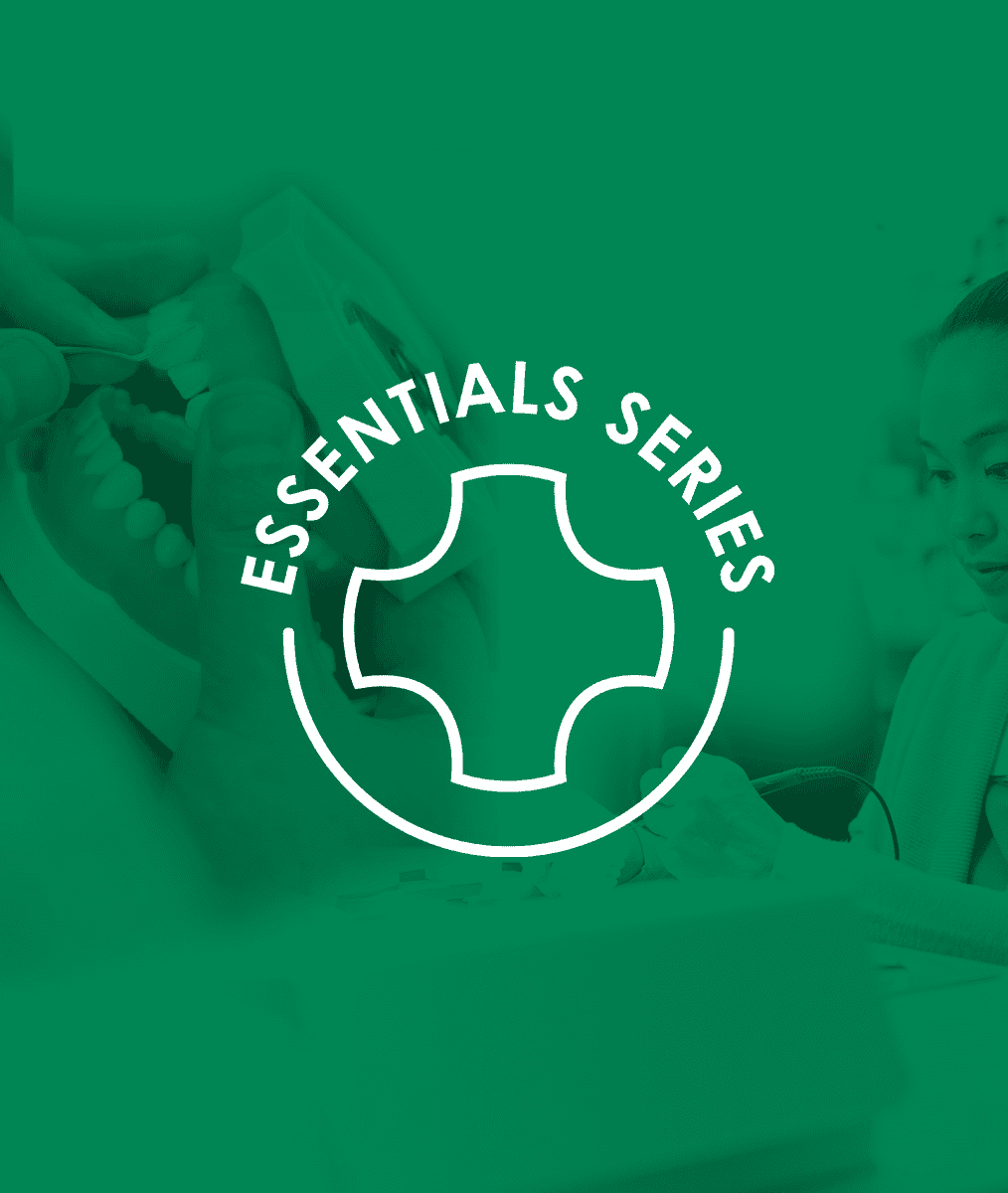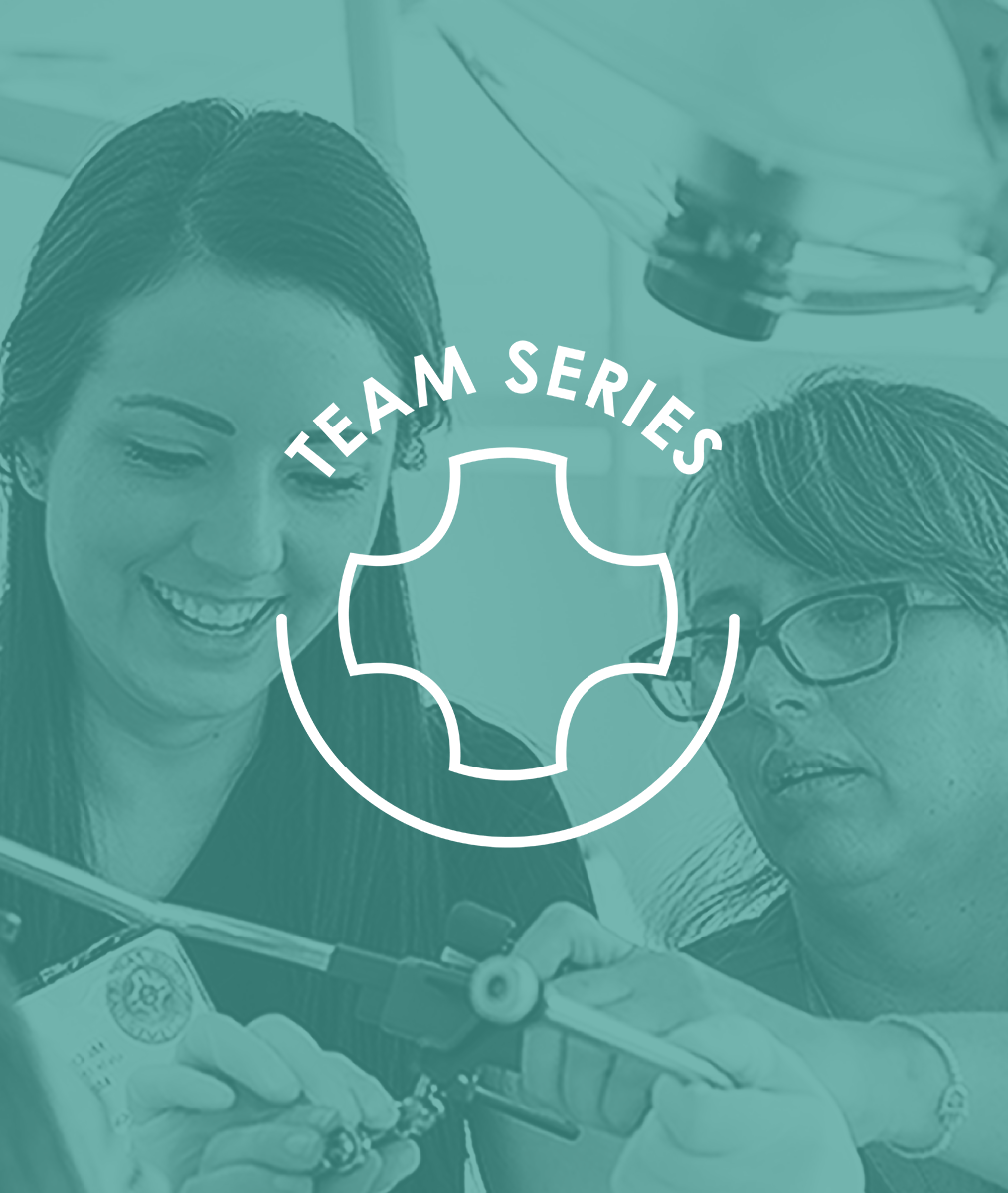People Over Policies
Emotions can flare up rather unexpectedly. When it comes to our patients, we need to have our antenna up and help them step out of their fight-or-flight mode and dial into a better perspective.
True Story…
Recently, I was in Lowe’s and in the “returns” line ahead of me was a man who was attempting to exchange a Sears socket head for his Craftsman socket wrench he had purchased years ago. (Lowe’s has an agreement with the makers of Craftsman tools now that the Sears empire has collapsed, and you can buy Craftsman tools at Lowe’s featuring the same lifetime warranty.)
The man wanted to exchange his worn-out socket for a new one, in the way he had done in the past at Sears. The socket head likely costs less than $5.00. The dutiful Lowe’s staff started up their standard exchange routine, wherein they attempt to gather personal information so they can track inventory and justify the exchange. The man refused to cooperate and give any personal information. He just wanted an exchange with no questions asked and no receipt required.
The pitch in his voice rose, as he said, “I’ve got tools older than I am, and I’ve never had to do this before. Are you trying to accuse me of stealing this socket head?” Those of us in the line looked at each other and started to wonder how this happened so fast over such a small item.
The cashier wasn’t particularly masterful at managing the awkward event. He responded by coldly reciting the store policy. The man then grabbed his socket off the counter and said, “Just forget it. I won’t be buying all that lumber over there on that cart or shopping here ever again.” And then he stormed out.
Everyone working that morning just shrugged and acted as if it never happened, apparently quite adapted to this type of customer behavior. I went on and returned my item and then purchased a few other things, but I couldn’t help but think about what had just happened…why and how it might have been managed better.
Where Did the Breakdown Occur?
Oftentimes what we see isn’t what is driving the situation. I think the socket might have been a symbol to this man of the breakdown of his great relationship with Sears. In other words, his anger at Sears for abandoning him was displaced onto these Lowe’s employees.
Our culture has become coldly transactional, and this was a clear symptom of it. We’ve all seen patients figuratively fly off the handle for small and insignificant things. Back in my insurance involvement days, people wanted to argue with us over having to pay a $5.00 copay.
Most people who come into our offices are somewhat overwhelmed and over-stimulated, and it is easy for them to conflate and draw the wrong conclusions about what is happening around them. When this happens, we need to quickly help them relax enough to get what they came for.
What Would You Say?
I keep thinking about what the Lowe’s cashier could have said to make a difference. Perhaps, “Aren’t those Craftsman tools amazing? How long have you had this socket? Wow! And I’ll bet you use it all the time! We’re so fortunate to carry these amazing tools now that Sears has gone out of business! Can you help me out? My boss needs me to track the store inventory, even when we do exchanges like this. I know this is an inconvenience, but can you share with me your name in case you ever have a problem with this new one?”
…Thinking on our feet while chairside can be difficult when caught by surprise. I’m grateful that in my relationship based mode of practice, I can amend my policies on the fly, so people come first.
Related Course
E4: Posterior Reconstruction and Completing the Comprehensive Treatment Sequence
DATE: May 2 2024 @ 8:00 am - May 6 2024 @ 2:30 pmThis Course Is Sold Out! The purpose of this course is to help you develop mastery with complex cases involving advanced restorative procedures, precise sequencing and interdisciplinary coordination. Building on…
Learn More>






